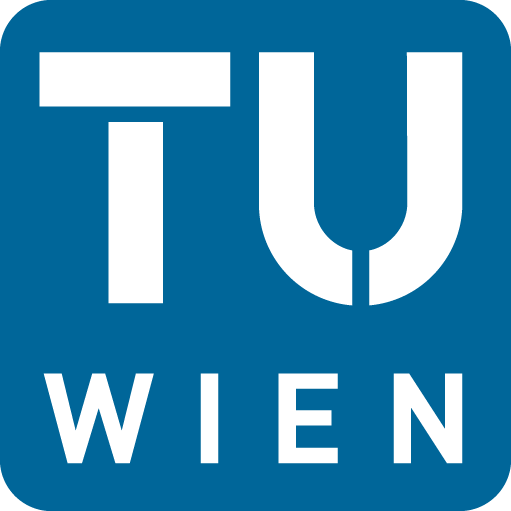Notice
This item was automatically migrated from a legacy system. It's data has not been checked and might not meet the quality criteria of the present system.
This item was automatically migrated from a legacy system. It's data has not been checked and might not meet the quality criteria of the present system.

